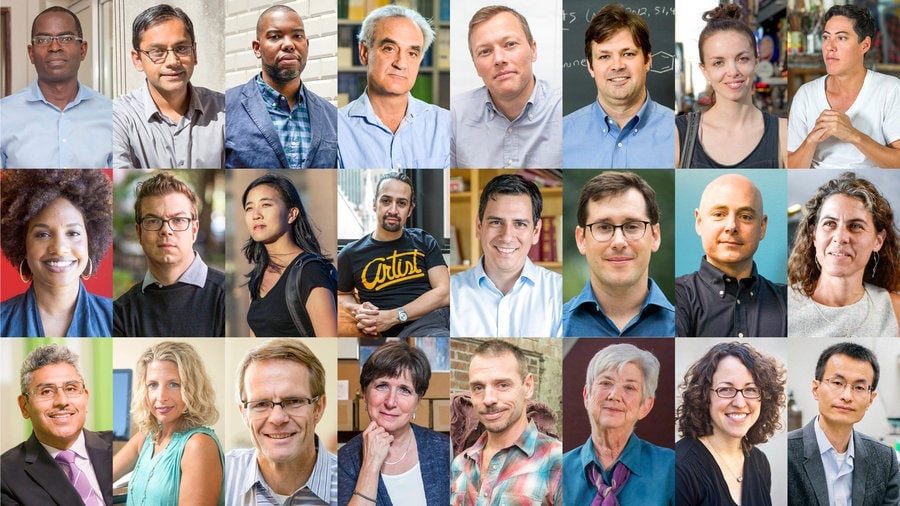There’s a simple way to predict who wins a MacArthur “genius” award
Each year the MacArthur Foundation selects some two dozen US citizens or residents for their “exceptional creativity” and “prospect for still more in the future.” These fellows—often scientists, artists, and activists—receive a sum of $625,000 paid over five years. The hope is the recipients can pursue “their creative vision” without financial constraints.


Each year the MacArthur Foundation selects some two dozen US citizens or residents for their “exceptional creativity” and “prospect for still more in the future.” These fellows—often scientists, artists, and activists—receive a sum of $625,000 paid over five years. The hope is the recipients can pursue “their creative vision” without financial constraints.
These “genius awards” grab a lot of media attention, not just because the fellows are doing exceptional work, but also because the selection criteria is a mystery. The awardees are selected from nominations made by a changing pool of invited people. From approximately 2,000 nominations received each year, a committee of 12 sifts through nominators’ letters, experts’ evaluations, and samples of nominees’ works to choose the final lot. All participants in the process are kept confidential to avoid muddying the process. (The foundation does not like the term “genius” because it “connotes a singular characteristic of intellectual prowess.”)
That, however, hasn’t stopped a group of loyal Quartz readers from betting on who will be selected each year. “And with some frequency, we choose correctly,” one of the readers told us, requesting anonymity out of concern for being outed as someone who is nerdy enough to spend time trying to predict genius award winners.
For the first time, this group has shared with Quartz the methodology that helps them accurately predict at least a few of the two dozen awardees. If they are right, when the MacArthur fellows are named tomorrow (Oct. 11), some may be from the list below:
Cecile McLorin Salvant, jazz singer
Maya Shankar, scientist
Slava Epstein, microbiologist
Michael Heizer, artist
Shayne Oliver, street fashion
Sam Tisherman, shock trauma physician
Carrie Goldberg, lawyer fighting revenge porn
Mike Mills, director
Catherine Opie, photographer
Alex Timbers, composer and director of musicals
Methodology as shared with Quartz: To generate that list of likely “hits,” we went through the second half 2016 and first half of 2017 online back issues of the New Yorker magazine, and compared profiles and significant reviews to the MacArthur fellows criteria, along with the commonsense observations that the MacArthur awards skew toward people in their 30s and 40s from diverse backgrounds.
The methodology has yielded past successes. Each of the names below had been featured in the New Yorker (or they were an author for the New Yorker) in the 12 months prior to the announcement:
2016
2015
2014
2013
Clarification: This post has been updated to remove from the list of potential winners those individuals who actually have won previously.